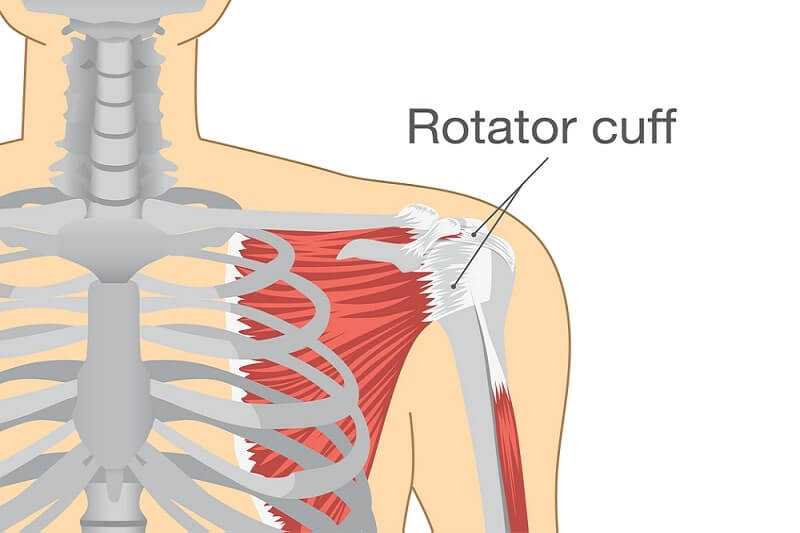The Risks You Face with Surgery for Neck Pain

In our last blog post we looked at why and when you might need neck surgery and the types of neck surgery on offer to help relieve neck pain. This time we’re looking at what can go wrong with neck surgery, so you can decide if it’s right for you and prepare yourself if you do decide to go ahead.
Anaesthesia Complications
Serious complications, indeed any complications, are pretty rare with surgery these days as techniques have been refined and surgeons and health care workers are more knowledgeable and better placed to help minimise risks. One of the major complications used to be problems with anaesthesia but, fortunately, very few people have issues with anaesthesia these days.
There are exceptions, of course, and so those who are obese or who have respiratory issues or a history of reactions to anaesthesia may find that they are not considered good surgical candidates or need a minimally invasive treatment that can be performed under local anaesthesia. Natural redheads may also require a little extra attention from surgeons as genetic differences can affect reactions to anaesthetics and other medications.

Infection – A Risk of Any Surgery
Now that anaesthesia is usually not a major problem in surgery, the risk of infection takes centre-stage. Even this is, however, a pretty minor risk as patients are prescreened to check for infections, equipment and operating theatres are carefully sterilised, and aftercare instructions are comprehensive. That isn’t to say that infection is not a possibility – it’s just a lot less likely than it used to be.
There is often a difference in rates of infection between different facilities and so those looking at elective spine surgery procedures should ensure that they ask clinics for records of infections specific to the procedure they are looking at undergoing. This not only helps in making a choice between clinics but it also makes sure clinics are transparent and maintain high standards in order to remain competitive.
It’s not all up to the clinic, of course, as it’s vital to follow the post-surgical guidelines carefully so as to minimise your risk of infection. This may mean avoiding immersing your incision in water until fully closed, not using creams or lotions on any open incisions, and making sure to change dressings as instructed. Even before surgery you can reduce your risk of infection by getting good rest, eating well, minimising alcohol intake, stopping smoking, and getting regular exercise as well as staying up to date with immunisations and letting your surgeon know if you suspect you have an infection of any kind.
Other Key Risks of Surgery for Neck Pain Relief
Other potential risks of neck surgery include:
- Excessive blood loss, possibly necessitating a blood transfusion
- Damage to nerves and/or roots
- Tearing of the dura mater causing spinal fluid leak
- Deep vein thrombosis (more likely with extensive open lumbar spine surgery done under general anaesthetic)
- Damage to the thyroid, oesophagus, vocal cords, trachea, or other neck structure
- Trauma to the carotid artery or vertebral arteries and subsequent stroke
- Adverse reaction to sedatives or anaesthesia
- Continued neck pain and/or paraesthesia (i.e. no/inadequate symptom relief)
- Pseudoarthrosis (failed fusion)
- Hardware or instrumentation failure
- Adjacent segment syndrome (more likely in the lumbar spine)
- Spinal cord damage and paralysis (approx. 1/10000 cases)
- Problems with speech, swallowing, or breathing.
Again, many of these risks are minor to begin with and can be further reduced through presurgical screening and adherence to guidelines given by surgeons. This may mean ceasing blood-thinners (whether prescribed or over-the-counter/herbal) at a set time prior to surgery to reduce the risk of blood loss, or it could mean making sure not to lift heavy loads too soon after surgery so as to lessen the chance of hardware shifting.
Choosing Surgery for Neck Pain
A large proportion of patients find that neck surgery does result in significant pain relief but it is not an absolute guarantee and it is important to understand all possible risks and benefits of neck surgery prior to signing any consent forms. After neck surgery, make sure you know what classes as a red flag (such as sudden changes in pain, leakage of clear fluid from the surgical incision, or fever and inflammation at the incision site, amongst others). Knowing when to access emergency medical care can help catch any complications early and reduce the chance of ongoing problems after neck surgery.





